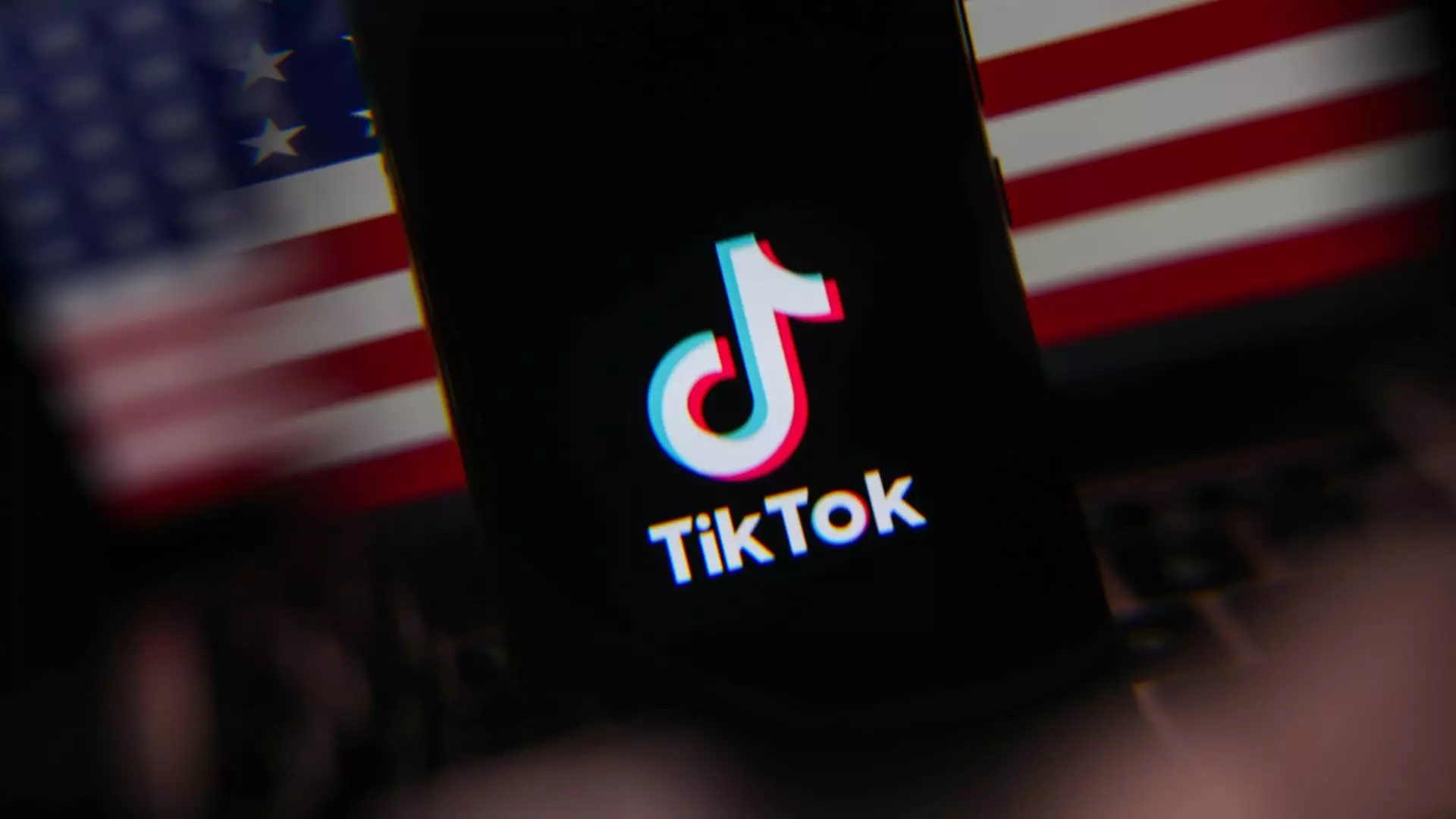In a significant development for social media users and technology enthusiasts, TikTok has made a noteworthy return to both the Apple App Store and Google Play Store after a temporary removal that sparked discussions around national security and digital rights. The app was initially yanked from these platforms on January 18, 2023, following TikTok’s decision to suspend its U.S. services. This was prompted by a looming national security legislation that was set to come into effect the very next day, threatening the availability of the platform to its vast user base in the United States.
The U.S. government’s attempts to regulate TikTok can be traced to concerns over the app’s ownership by China-based ByteDance. The Protecting Americans from Foreign Adversary Controlled Applications Act, enacted in April 2022, mandated that ByteDance divest its American operations by January 19, 2023, or face an outright ban. As a consequence of the legal framework, internet giants like Apple and Google risked severe penalties should they continue offering an app deemed a security threat.
TikTok has vociferously argued that these regulations infringe upon the First Amendment rights of its more than 170 million users in the U.S. The platform has positioned itself not just as a source of entertainment but as a space for expression and creativity. The U.S. government, however, has painted a different picture, asserting that ByteDance’s connections to the Chinese government could potentially endanger user data and national security.
The legal tussle reached the Supreme Court, where the judiciary sided with the Biden administration, supporting the view that divestiture was essential to safeguard U.S. interests. The ruling reinforced Congress’s stance on the matter, recognizing substantial fears regarding TikTok’s data-handling practices and its ties to foreign influence.
The app’s return to app stores signifies not only a victory for the platform but also reflects a complex negotiation landscape between business interests and governmental oversight. After nearing an impasse, TikTok had threatened to cease its U.S. operations if the Biden administration did not step in, raising alarms amongst users who heavily rely on the app for both personal and professional purposes.
With intervention occurring after former President Trump indicated a willingness to postpone enforcement of the ban, a critical window of opportunity emerged for TikTok. Trump proposed a joint venture that would enable the U.S. to have a significant ownership stake in the application, demonstrating a potential pathway for a compromise between regulatory concerns and the desire to preserve a popular platform.
Despite the month-long hiatus, recent reports indicate that TikTok has successfully recaptured roughly 90% of its pre-removal traffic, demonstrating the app’s resilience in a highly volatile digital landscape. This saga illustrates not only the mounting tensions surrounding data privacy and national security in the digital age but also highlights the fervent public attachment to platforms that facilitate self-expression and community engagement.
As the digital world continues to evolve, policymakers and technology companies alike must navigate these rocky waters with careful consideration for both legal frameworks and user autonomy. The future of social media regulation hinges on striking the right balance between security and free expression, a task that demands ongoing dialogue and vigilance from all stakeholders involved.

